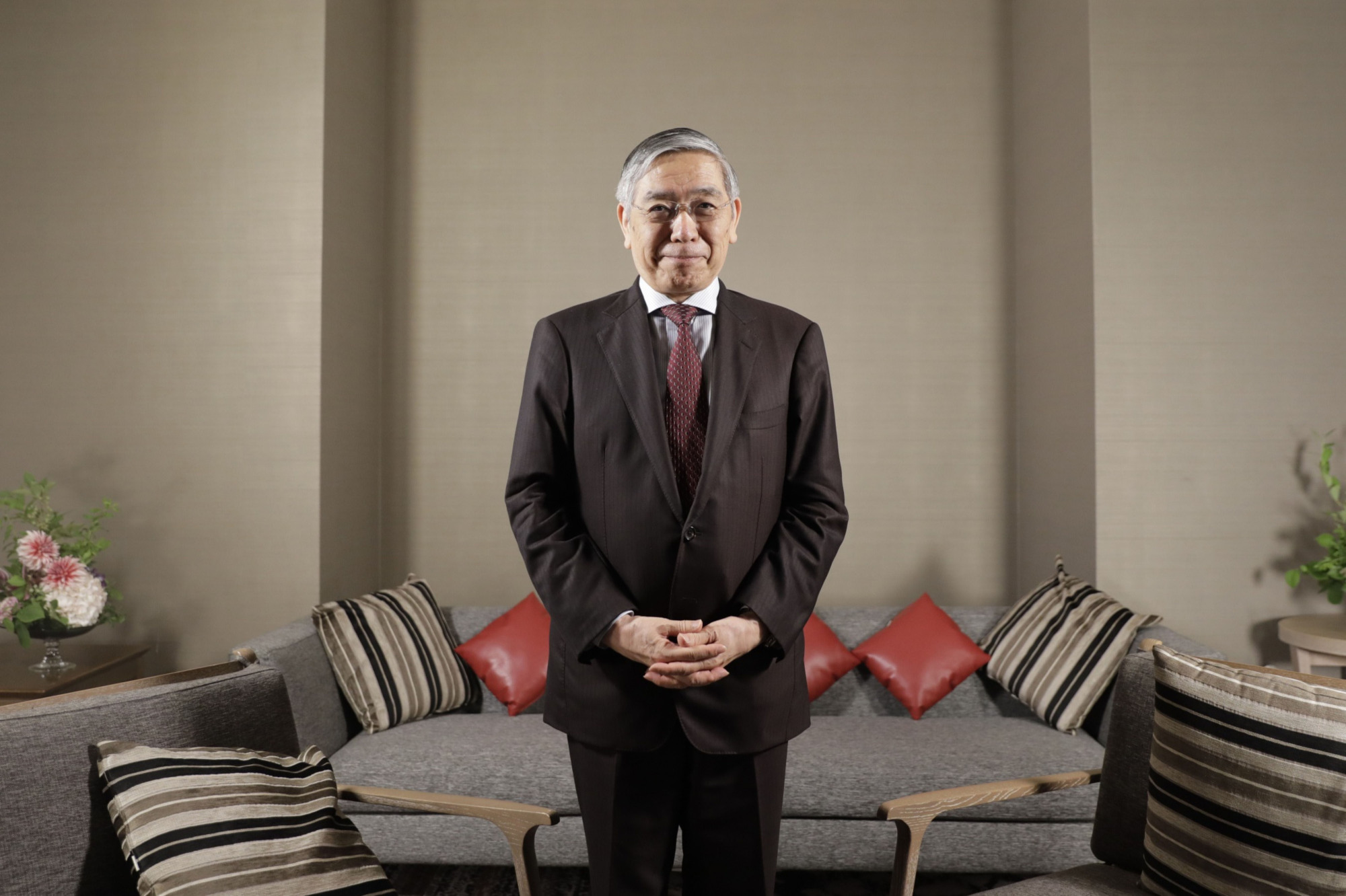Bank of Japan Gov. Haruhiko Kuroda's role as the prime focus for efforts to revive the world's third-largest economy is coming to an end.
An unprecedented level of concern about damaging side effects of Japan's multidecade experiment with ultralow interest rates has gripped policymakers, regulators and legislators. The key takeaway: Fiscal policy is set for a more prominent part during the next economic downturn.
Why the change? A tense meeting in the BOJ's drab annex building on Sept. 26 helps illustrate the central bank's predicament. Recognizing the importance of public support for any move to cut the minus 0.1 percent policy rate, officials sought understanding from representatives of the shinkin (regional cooperative banks). But rather than accept that more monetary easing may be needed, one key banker tersely warned such a move would intensify pressures on the lenders and even pressed for a hike, according to people familiar with the exchange.


















With your current subscription plan you can comment on stories. However, before writing your first comment, please create a display name in the Profile section of your subscriber account page.